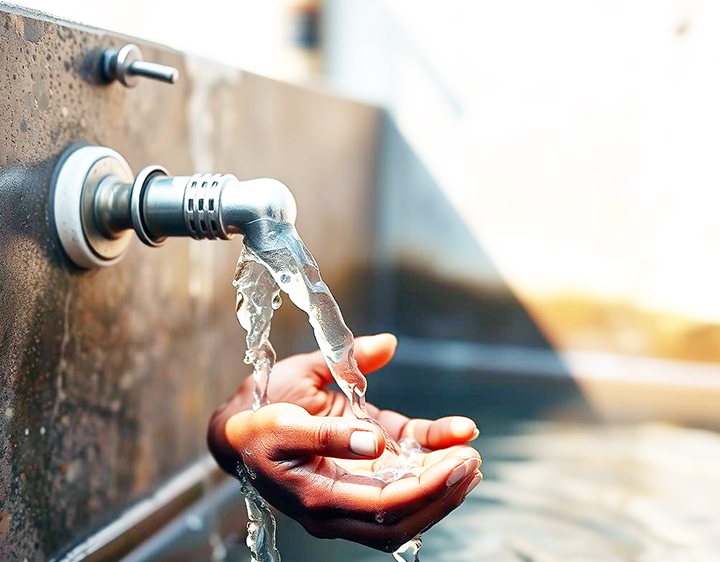KAMPALA, Uganda — Tomorrow evening, the red carpet at Kampala’s Protea Hotel will welcome a different kind of celebrity. Instead of film stars or pop idols, the spotlight will fall on youth clubs, community groups, and global NGOs and banks whose work has quietly transformed lives through clean water, sanitation, and hygiene.
These are the finalists of Uganda’s first-ever Water, Sanitation and Hygiene (WASH) Impact and Influence Awards, a campaign launched in May that has wound its way through months of nominations and scrutiny, and now culminates in a gala designed to recognize a fight that touches the health, dignity, and survival of millions.
The Nominees Step Forward
This week, organizers unveiled the names that will be celebrated on Friday night. In the Programmatic Impact (International) category, the nominees are Welthungerhilfe Uganda, Amref Health Africa in Uganda, and Africa Community Technical Services (ACTS Uganda). For Programmatic Impact (National), the shortlist includes Viva con Agua Uganda, the Community Integrated Development Initiative (CIDI), and Care and Assistance for Forced Migrants.
In the WASH Financing category, Opportunity Bank and the Rotary Uganda Office will compete for honors. The Youth-led Initiatives category features Watoto Wasoka, Rwenzori Aid, and Makerere University’s Antimicrobial Resistance Club. And for Technology and Innovation, the nominees are Evidence Action, the Uganda Muslim Rural Development Association, and Equal Agua Uganda.
These winners will be announced on Friday, in what organizers describe as a historic first for a sector that rarely sees the limelight.
The urgency behind the awards is sobering. More than 30 million Ugandans still lack access to safe toilets. Millions fetch water from unprotected sources, fueling cholera and typhoid outbreaks. Girls often miss school due to a lack of proper facilities. Mothers risk infections during childbirth.
“This is one of the most crucial public health priorities affecting our people,” said Dr. Herbert Nabaasa, Commissioner of Health Services for Environmental Health at the Ministry of Health. “The burden of disease in this country is closely tied to poor sanitation, unsafe water, and weak hygiene practices. We need to reduce that burden, and part of doing so is recognizing and celebrating those who are driving solutions.”
The awards, launched by the Uganda Water and Sanitation Network (UWASNET) in partnership with the ministries of Health, Water and Environment, and Education and Sports, and supported by the Austrian Development Agency, represent a shift in how WASH work is perceived. Long relegated to the background of development debates, sanitation and hygiene are being pulled to center stage.
“We want to use these awards as an incentive,” Dr. Nabaasa said. “To showcase innovation, to highlight the best actors, and to raise public awareness in ways that inspire lasting change.”
More Than a Trophy
Behind the glamour lies a deeper strategy. Uganda’s National Development Plan III sets ambitious sanitation targets, but the sector remains chronically underfunded. With foreign aid dwindling, progress now relies on domestic innovation and broad civic mobilization.

